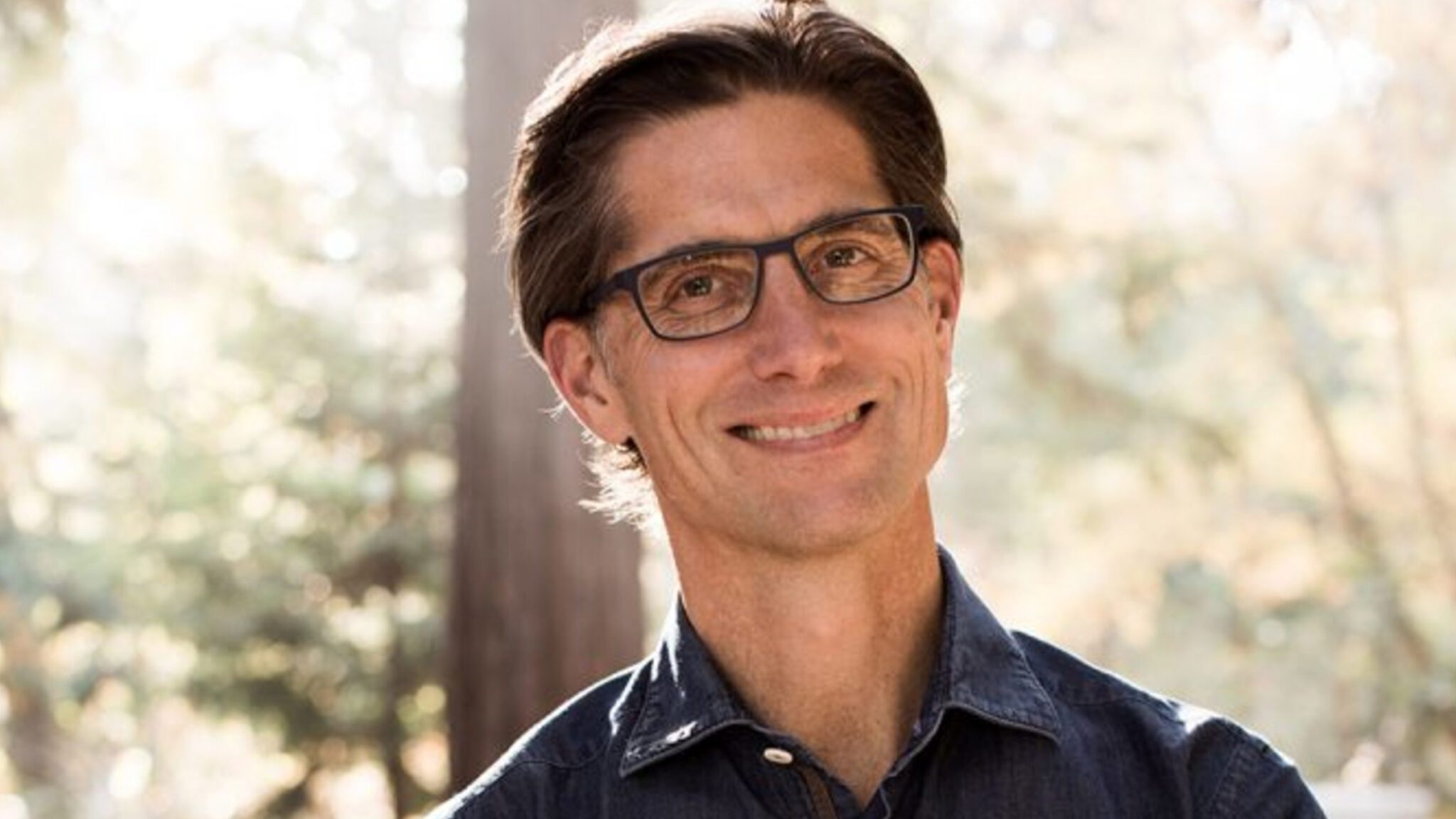
Deerfield and ARCH back a new $200M SPAC run by California VC firm
Editor’s note: Interested in following biopharma’s fast-paced IPO market? You can bookmark our IPO Tracker here.
Two prominent life sciences firms have teamed up to sponsor a new SPAC that made its way to Nasdaq on Tuesday evening.
Deerfield Management and ARCH Venture Partners are backing the blank check company known as DA32 Life Science Tech Acquisition Corp., which priced at $200 million Monday, the firms announced. The pair is teaming up with California-based VC firm Section 32, whose managing partner Steven Kafka will run the SPAC.
Unlock this article instantly by becoming a free subscriber.
You’ll get access to free articles each month, plus you can customize what newsletters get delivered to your inbox each week, including breaking news.